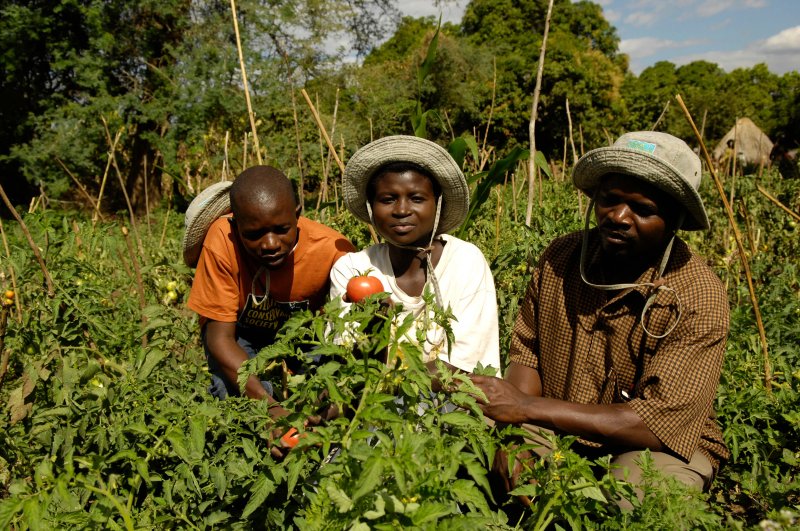The GLP aggregated and excerpted this blog/article to reflect the diversity of news, opinion and analysis.
African agriculture is improving not because of any single scientific or political breakthrough, but because the things that have retarded productivity for decades, both on the farm and off, are being assailed from many sides.
For farmers, perhaps the most potent symbol of change is hybrid seed, often dyed a bright colour and usually burdened with an unlovely name, such as SC719. Joe DeVries of the Alliance for a Green Revolution in Africa, based in Kenya, says that by raising the prospect of higher yields, these seeds persuade farmers to spend money and time on fertiliser, weeding and pesticides. . . .
Many of these seeds are being developed in Africa for Africans. N’Tji Coulibaly of the Institut d’Economie Rurale in Mali has developed six hybrid maize varieties. Because these tolerate drought well, they can be planted north and east of the capital, Bamako, in fields where sorghum is now the dominant crop. As though in retaliation, another nearby team has created a variety of sorghum that yields about 40% more than the indigenous kind even without additional fertiliser.
Governments and charities are rushing to teach farmers how to plant the new seeds. In Rwanda, One Acre Fund, a charity, provides its clients seeds, fertiliser, know-how and, crucially, credit. To upgrade to hybrids means changing to a system where new seed has to be bought every year, because the plants that grow from hybrid seed do not produce seed of the same sort. . . .
Read full, original post: A green evolution































